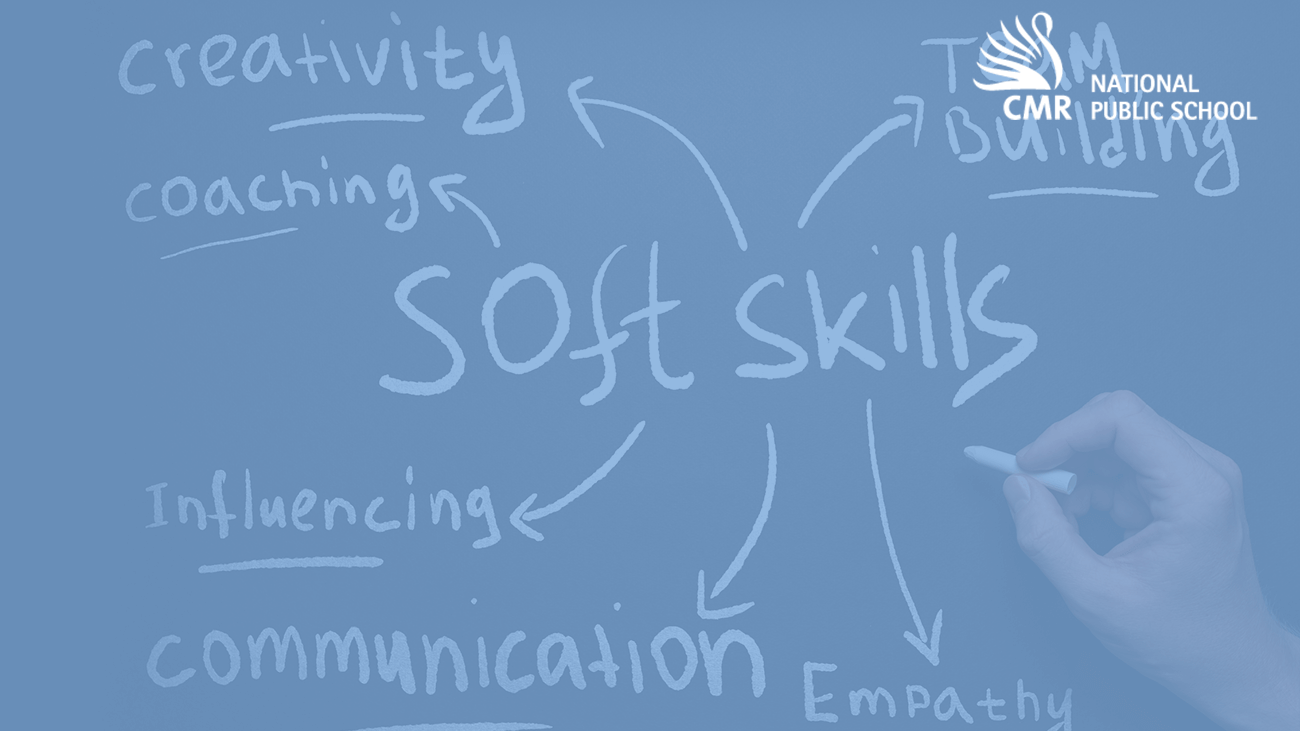Table of Contents
Reminding others that “masks save lives” isn’t just sound advice. It’s a scientific fact that wearing one in public can help to slow the spread of COVID, the virus responsible for the coronavirus disease (COVID-19) pandemic.
I’m very careful to wear a mask outside my home whenever I’m out and about. I do it not necessarily to protect myself, but to protect others. If by chance I’ve been exposed to the virus and am currently incubating it, I wouldn’t want to spread it to other people. And any of us could be an unknowing superspreader. We owe it to everyone we encounter, especially those who are more vulnerable, to protect them.
The researchers’ model primarily considered the distribution of medical-grade, surgical masks. But because such masks are currently available in limited supply, they must be prioritized for use by health care workers and others at high risk. The researchers go on to note that the World Health Organization and others now recommend wearing homemade face coverings in public, especially in places where the virus is spreading. While it’s true the ability of these face coverings to contain the virus is more limited than medical-grade masks, they can help and will lead to many fewer deaths.
Surging COVID-19 rates throughout the country and in many parts of the world make our efforts to protect ourselves and others more important than ever. Currently, the OMICRON variant is driving much of the increase in the INDIA. Vaccinated people are well-protected against severe disease, hospitalizations, and death. But May 21 shows that everyone — even vaccinated people — may spread infection with this variant if they get it.
Vaccination remains a top priority. Most people who have been hospitalized or died from COVID-19 in recent months were not vaccinated. In places where vaccination rates are low or the number of COVID cases is rising, experts estimate we can save thousands of lives and considerably boost the chances of controlling the pandemic if we all commit to following mask guidelines and other standard preventive measures.
Why do we believe masks work?
Early in the pandemic, experts expressed skepticism that masks would be helpful for the general public, particularly in places with little to no community spread of the virus. In addition, to avoid worsening shortages of medical-grade masks for health workers who needed this protection, masks were not widely recommended.
But a rapidly expanding body of evidence supports the benefits of nonmedical masks and cloth face coverings.


